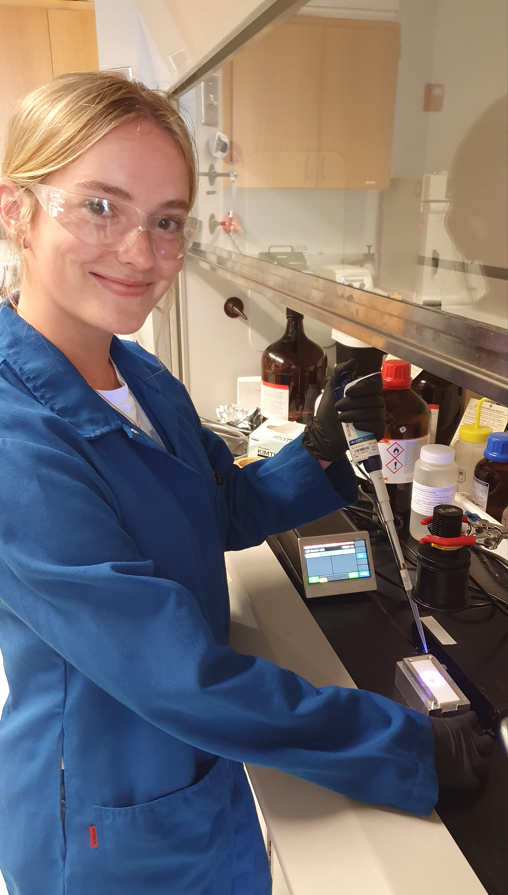
Hydrogels are widely used in biomedical and soft material applications due to their fl exibility, high water content, and biocompatibility. However, their brittleness and weak mechanical strength limit their applications in load-bearing and shear-force environments. To this end, we aim to develop mechanically robust hydrogels composed of poly(ethylene glycol) diacrylate (PEGDA) reinforced by silica particles. Three hydrogel resin formulations were prepared: unfi lled PEGDA, PEGDA with unmodifi ed silica, and PEGDA with silica functionalized with acrylate groups to enable covalent bonding with the polymer network. PEGDA-silica composite hydrogels were fabricated via mold casting or 3D printing from the liquid resin. The functionalized silica particles dispersed uniformly throughout the hydrogel matrix, and the mold casted materials had good structural integrity and stability after fabrication. Mechanical characterization via compression testing was used to evaluate changes in stiff ness and strength upon addition of silica particles in the PEGDA hydrogel system. Compared to the unfi lled PEGDA system, hydrogel samples prepared from the bare silica formulation showed an increase in compression modulus, while the functionalized formulation did not show this eff ect to our surprise. No signifi cant diff erences in compression strength were observed across the samples, and both particle-fi lled formulations showed a decrease in maximum strain. These observations provide a foundation for further study of how particle incorporation infl uences hydrogel mechanics, with the ultimate goal of developing stronger hydrogels for tissue engineering applications such as cartilage and ligament scaff olds.